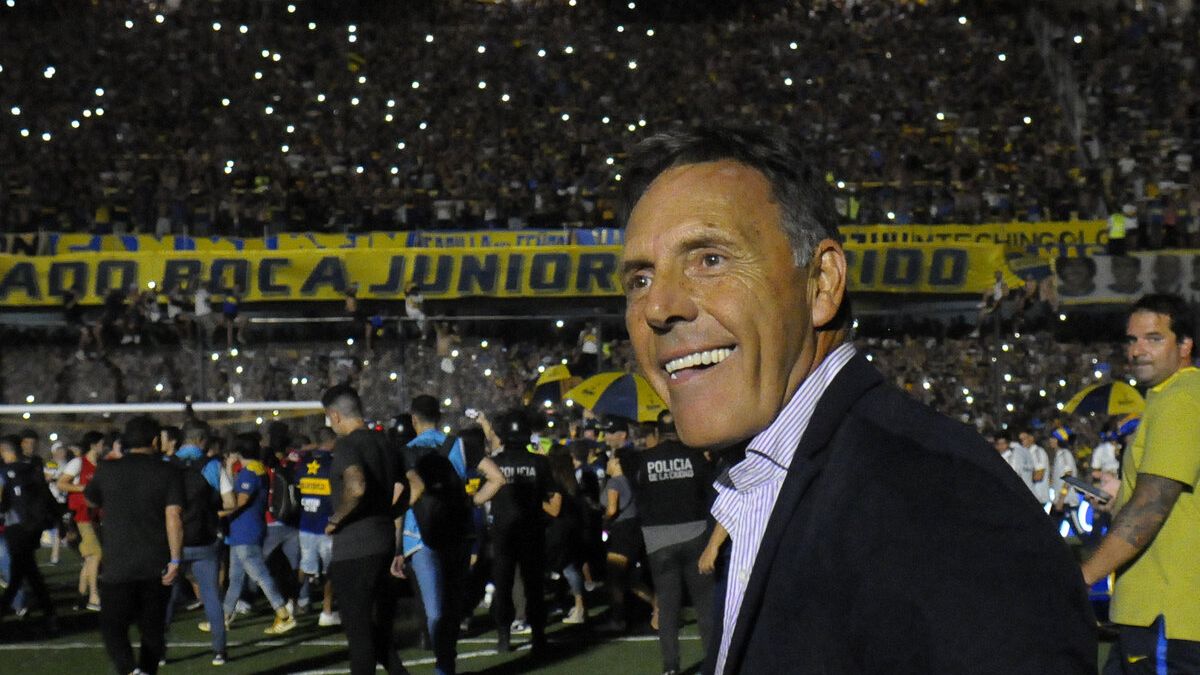The federal government and the chemical industry are working on a “chemical pact”. However, the most important issue from the industry’s perspective is far from being resolved. The union sees jobs at risk.
Business associations, the chemical union IGBCE and federal states have expressed disappointment with the results of a “chemistry summit” with Chancellor Olaf Scholz (SPD). Markus Steilemann, President of the Association of the Chemical Industry, said after the meeting in Berlin that the most pressing issue, a “bridge electricity price” to reduce high energy costs, could not be addressed.
IGBCE chairman Michael Vassiliadis said the question of a bridge electricity price must be decided quickly. “We have initial signals that the situation will also cost employment and that there may be company closures and relocations.” The German chemical industry further reduced its production in the second quarter for cost reasons.
“Not yet the breakthrough we were hoping for”
NRW Prime Minister Hendrik Wüst (CDU) said: “It’s 5 to 12 in Germany.” He could understand why company representatives and trade unionists were disappointed with the outcome of the meeting. The federal government was clearly aware of the problem. “But the solution to the problem was not concretized in a way that would have been appropriate to the situation.” They want to continue the dialogue and work on a “chemical pact”. Lower Saxony’s Prime Minister Stephan Weil (SPD) said: “Today was not the breakthrough that some people were hoping for in the question of ‘What’s next for energy prices?'”
Wüst and Weil, like the other state heads of government as well as the chemical industry and the union, are calling for a temporarily limited, state-subsidized industrial electricity price worth billions (“bridge electricity price”). The economy is warning of companies migrating abroad because electricity prices are significantly lower in the USA and China, for example.
Traffic lights disagree
The Greens and the SPD parliamentary group are in favor of an industrial electricity price, Scholz is skeptical, the FDP is against it. The Free Democrats want a reduction in electricity taxes. Vassiliadis said that Scholz had not rejected a “bridge electricity price”, but also had not made any promises.
The federal government stated that it was aware of the importance of competitive electricity and energy prices for the chemical industry. “It is in discussions with Parliament about proposals on how the electricity supply can be designed in such a way that electricity prices can be stabilized and planning security can be improved,” it said, with a view to discussions between the coalition factions.
Association President Steilemann warns
With regard to the industrial electricity price, Steilemann said that if there are no short-term solutions, there is no longer any need to worry about future issues. “I would like to put it that dramatically.” Decisions for investments would now be made. “We will wake up very badly in a few years if these investments are not made because there was no immediate aid for the industry today.”
FDP parliamentary group deputy Lukas Köhler told the German Press Agency: “We share the analysis that electricity costs are too high for industry and are currently discussing the various possible solutions in the coalition constructively and objectively. In the end, it’s all about working together to achieve a good and sustainable result that then has the desired effect.” It is clear to the FDP parliamentary group that they need a solution that is clean in terms of European law and regulatory policy and that also does justice to the interests of small and medium-sized companies.
Source: Stern




